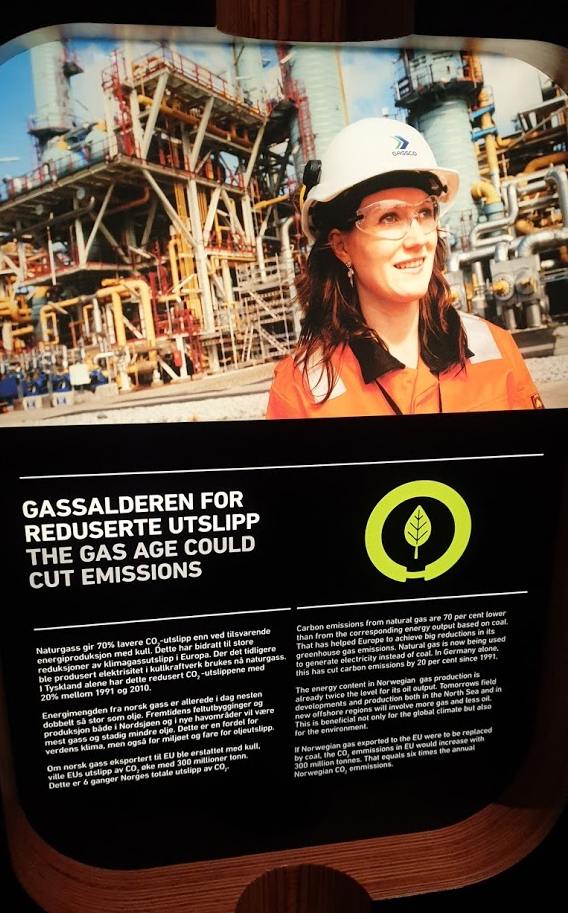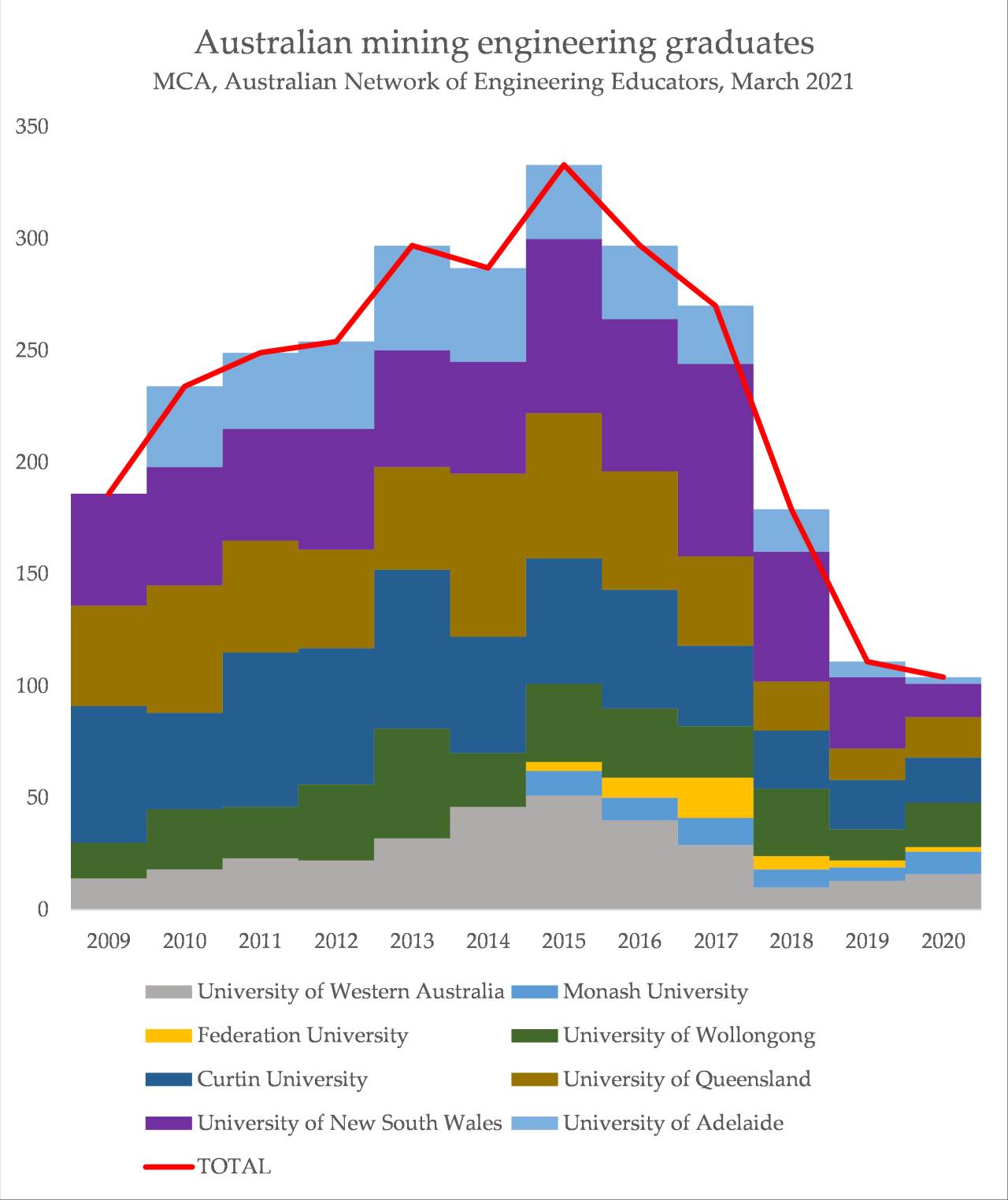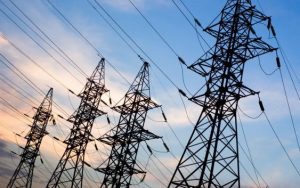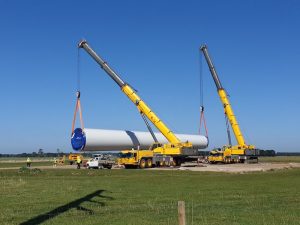Back in 2012, Woodside, Australia’s largest oil and gas company, launched the ‘Woodside Australian Science Project’, or WASP, in partnership with Earth Science Western Australia (ESWA). The fossil fuel company project provides STEM resources for students and teachers, and continues to run to this day. ESWA’s Facebook page offers frequent updates.
Why is a fossil fuel company sponsoring education? It could well be because the company’s executives feel a charitable urge to help community causes like education. It could also be that those educational materials supplied can contain subtle or not-so-subtle framings that work in their favour. Heck, it could be both.
In their ‘Greenhouse effect’ educational materials, the Woodside-labelled PDFs both implicitly and explicitly cast doubt on the firmly established science of climate change. It declares, for instance, in a question-and-answer section, that
“The “Enhanced Greenhouse Effect” or recent rapid warming of our atmosphere is the result of human/anthropogenic activities such as burning fossil fuel and industry (a point of some debate)”
It also asks students, “Why should we be grateful that there are “greenhouse gasses” in our atmosphere?”, offering the answer: “Greenhouse gasses keep the surface of this planet warm enough to support life”. True, but really, you’re missing the point there, Woodside. It’s an insidious framing reminiscent of Tony Abbott’s ‘plant food‘.
Woodside’s educational materials also included worksheets specifically about the “enhanced greenhouse effect”. It does not mention fossil fuels, coal, oil or gas, but focuses solely on methane produced by farming activities. It also includes an entire section on ‘Milankovitch cycles‘, a real phenomenon but also a popular and notable climate change denier meme that was touted as an alternative explanation to the recent warming observed.
The PDFs are old – generally from around 2014 and 2015. The Abbott years were certainly times in which outright climate change denial were considered to be far more acceptable. But the files remain on the Woodside-sponsored website, six years on.
Woodside don’t just downplay the consequences of climate change, or wink at old-school climate denial, in their engagement with schools. They are also openly and aggressively trying to encourage a new generation of students to choose oil and gas exploration as their career, in some cases uses cutesy Vegemite demonstrations “to teach primary school students about oil and gas” (you can watch a video demonstration of the Vegemite oil drilling here).
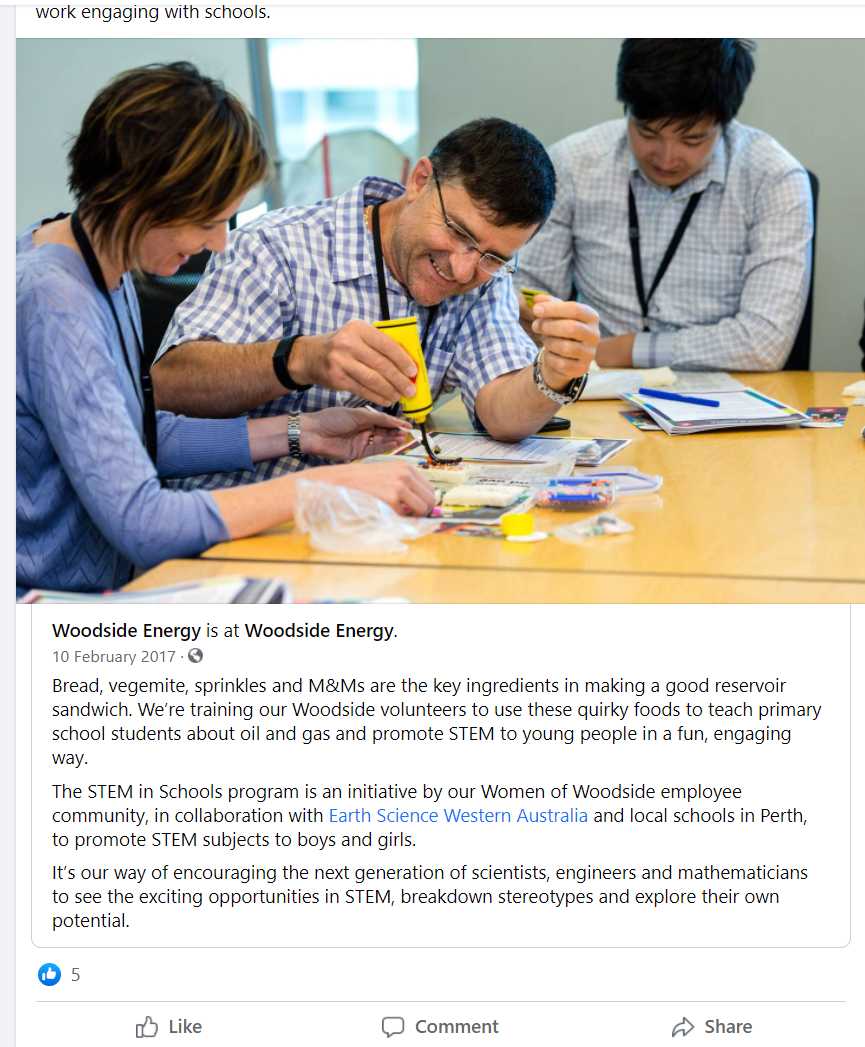
Promoting STEM in schools. Thanks @WoodsideEnergy for the Reservoir Sandwich activity today. Hands-on fun learning about drilling for oil. 👍#sorrentops #STEM pic.twitter.com/HKS23Te4fP
— Sorrento PS Room 8 (@SorrentoPS_5_6) May 2, 2019
Woodside aren’t alone. Santos support the ‘Primary Australian Literacy Mathematics and Science’ (PALMS) initiative, also in partnership with Earth Sciences Western Australia. Major American fossil fuel company Chevron feature prominently too, mostly there to spruik future careers in fossil fuel extraction:
In 2020, ‘Earth Science Education’ officially expanded their reach to New South Wales. Their supporters now include the Chamber of Minerals and Energy of WA, Chevron, Santos, Woodside, BP Developments Australia, the Australian Geoscience Council, oil and gas exploration company Finder Energy and former oil and gas executive Dr Peter Moore.
Fossil fuel companies – either Australian or with interests in Australia – are embedded deep into education, with incredible sway over content, framing and most importantly, full access to employment drives for one of the most harmful industries in the history of human civilisation – industries that specifically cause the most harm to the youngest people.
It’s a problem across the world, with America’s oil and gas industry sponsoring ‘Petro Pete’ in schools and workbooks titled “Natural Gas: Your Invisible Friend”. Of course, who can forget Hector, the sentient lump of coal? Shell’s sponsorship of the Science Museum in London has inspired protests, and Norway’s Teknisk Museum features an entire exhibit sponsored by Equinor, Exxon, Concophilips, Shell and a collection of other fossil fuel companies. When I visited in 2020, I took a photo of one sign promising that burning more gas would “reduce emissions” – another deceptive industry talking point used to prolong the harm caused by fossil fuels.
Why is Questacon pushing pro-gas talking points?
Questacon, the Canberra-based and highly popular interactive science museum, has faced criticism for its partnership with Inpex, a Japanese fossil gas company that plans to significantly expand its mining operations in Australia. At the launch of the partnership, climate-denying Nationals Senator Matthew Canavan posed with Inpex executives and oblivious high school students, and Inpex’s own press release bragged about the company’s significant expansion plans within Australia.
Recently, Climate Council researchers Tim Baxter uncovered a Questacon video that repeats industry lines about fossil fuels being required during energy transition as a ‘bridge fuel’, due to the “intermittency” of wind and solar:
https://twitter.com/timinclimate/status/1412710532570697731
Questacon later claimed that the video content was created entirely without input from Inpex. But what we know now is that the fossil fuel industry – particularly the gas industry – is struggling to manufacture its own necessity. Grids do not ‘need’ gas to operate securely and cheaply. The idea that we ought to slow the transition by partly relying on high-emissions fuels in the process of trying to remove emissions from the grid is a ludicrous and circular piece of reasoning created by vested interests, and it has absolutely no part in any educational content.
Trying to stem the flow
And, today, Australia’s chief fossil fuels lobby group, the Minerals Council of Australia (MCA), has begun an aggressive lobbying process regarding Australia’s national school curriculum. The Australian Curriculum, Assessment and Reporting Authority (ACARA) has commenced a review process, and the MCA is really not happy.
“Educating young Australians in earth sciences and STEM from an early age is fundamental to the future success of the Australian resources sector, which will rely on STEM graduates to meet the growing demand for our minerals while using innovation to produce and process minerals in a more sustainable way,” the CEO of the MCA, Tania Constable told the Australian.
Their submission claims that “the proposed changes clearly position the curriculum on biological sciences to avoid the connections between minerals and everyday life due to the perceived negative effects of combustion – without which many common goods would not be accessible. These include warm showers, food cooked on gas stoves, vehicles and mobile phones”. This is a common MCA line; trying to trap people into the false belief that only fossil fuels can provide energy, or material goods. The word ‘combustion’ is about as close as they get to directly referencing fossil fuels, but it’s clear the entire gripe is specifically about carbon.
They also complain that the “resources fails to inform students about significant contextual issues including the importance of such commodities to a prosperous modern economy”. Because being economically reliant on an incredibly harmful substance is a good thing?
Why the panic? The MCA’s own submission to the review includes a dataset that explain the sudden resurgence of fossil fuel influence in education:
A recent post at Geoscience Down Under proposes a healthier response to the decline in the geosciences, in Australia, linked very closely to the impacts of COVID19 on Australia’s tertiary education system. The energy transition requires – in pretty much every mode imaginable – a significant expansion of large-scale extractive activities to supply the materials required to build new energy technologies.
Wind turbines, solar panels, electric vehicles (including trucks, buses, bicycles, scooters and trains – not just private cars) all need to be made from something, and even with extreme demand reductions and major lifestyle change, we’ll still need to build plenty of those things. The authors propose “hubs specialising in renewable energy and critical mineral exploration, applied geophysics, water resource management, carbon sequestration and geohazard mitigation”.
There are clearly two schools of thought, here. The first is to aggressively resist change using the power of incumbency and mountains and mountains of ill-gotten fossil cash. Students are increasingly savvy to the impacts of climate change – it is not 2014 anymore – but fossil companies like Santos, Woodside and Inpex believe the rise of youth climate activism can be countered with a wall of their own talking points. They probably know that they can’t stem the flow of the exodus, but they might slow it down briefly.
The other school of thought is to adapt to the new world, and see where existing skill sets can fit in. It is very clear that this is the far smarter and safer option, as it helps accelerate the transition away from fossil fuels. Will the fossil fuel industry choose the smart option? All signs point to no.



